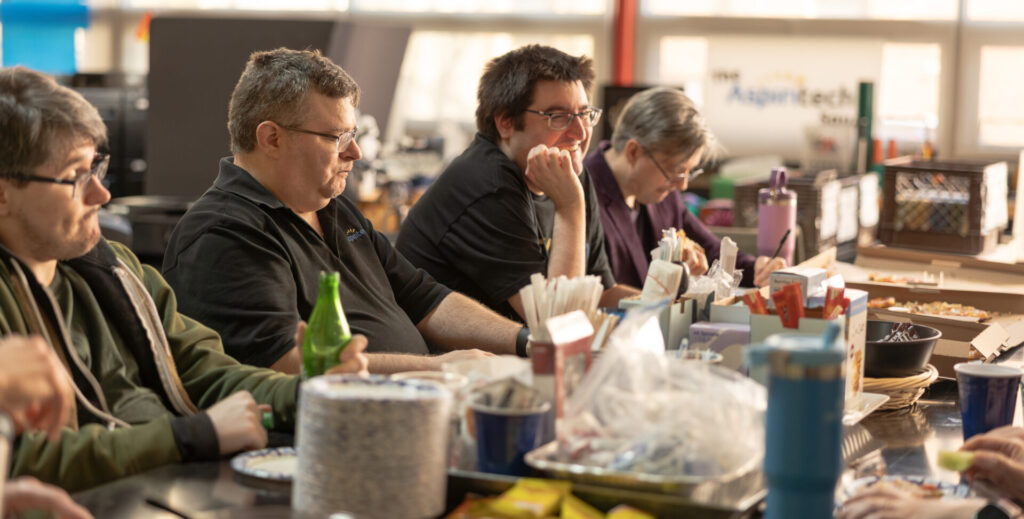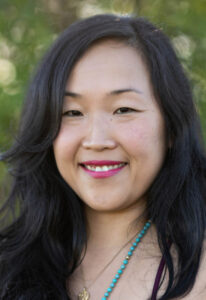Penelope Trunk is a multiple start-up founder and writer who self-identifies as having Asperger’s. I’m on her email list. When I read the title of one of her posts — “If Autism Means Genius, Why Can’t I Get Out of Bed?”— answers started swirling in my mind. For starters, Autism doesn’t always mean genius. However, what Autism and genius share is being outside the bell curve “average”:
The most watched TED talk ever is Sir Ken Robinson’s “Do Schools Kill Creativity?” with over 77 million views to date. He makes the argument that creativity is as important as literacy and should be treated with the same status. However, creativity has not been treated as such because public education began after the 19th century in order to meet the needs of the industrial revolution.
In essence, our minds have been mined for a specific commodity, yet our future depends on diverse intelligences, especially creativity. If you have already seen it, Sir Ken’s TED talk is worth another view. If you haven’t, I highly recommend it.
Existing outside the “average” in a world designed to yoke individuals for industrial output can make life much more challenging for individuals with diverse intelligences, giftedness, and exceptionality.
When your natural mode for taking in and digesting the world, being in the world, and expressing yourself in the world are unlike the industrially-desired and capitalist-set norm around you, navigating life doesn’t necessarily come naturally and can feel downright limiting.
Things that others take for granted can seem unrelatable. For example, rote societal habits are not seen as facts or requirements, but one possibility out of many; hierarchies can seem violent; social expectations seem forced. Also, while the following is not often put out in the open, I think many would relate: unfortunately, sometimes other people become envious or fearful, which leads to them creating more challenges for people who are gifted and unique.
Qualities such as honesty and value-based behaviors that often accompany being on the spectrum seem to get gifted individuals in trouble — more so than praised — in traditional institutions and settings.
In addition, the field of psychology itself is one sector of industrial output. It is known that psychological studies on females on the spectrum were long over-looked in neuroscience research even though, according to recent Census Bureau stats, women are 50.5% of America.
It’s been said before and I’ll say it again: Autism is an enormously varied spectrum. The powers that be who defined it could do much better in not only researching it but also in having accurate diagnostic criteria that don’t only apply to Caucasian males. This would help women on the spectrum understand their experience and access support.
While labels sometimes help, there are of course instances where pathologizing differences is just pathologizing and becomes like any other stereotype. I’m reminded of a Wayne Dyer quote: “The only difference between a flower and a weed is judgment.”
Individuals with some incredibly unique and brilliant gifts are often made to feel “less than” or ashamed of wonderful qualities that make them unlike anyone else. They are frequently expected to conform to a world that is not that appealing to begin with. However, I am not convinced that “neurotypical” is the desired set-point.
When people presume stigmas about you, and you are persistently misunderstood, this also can make life more challenging.
I have found that oftentimes (not always) the internal, emotional, and spiritual worlds of individuals on the spectrum are incredibly rich and deep. Sometimes they pick up on subtle energies and feels that others miss. These qualities alone can make life more challenging because, by and large, people tend to avoid dealing with emotions or confronting difficult material.
When you are wired for truth yet societal traditions model repressing truth or even marginalizing individuals for speaking it, then it is no surprise that you wouldn’t want to get out of bed to meet the world. I believe many people who identify as highly sensitive, empathic, or who simply strive for healthy human relationships would be able to relate to these challenges.
I do think it’s changing. This is partly why the workplace rebellion has begun, and there is more open discussion around toxic families, toxic workplaces and their toll on overall well-being. How would you answer Penelope’s question?






















